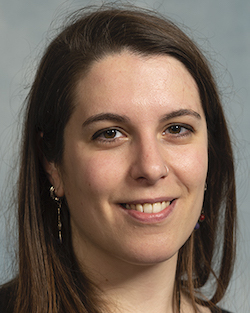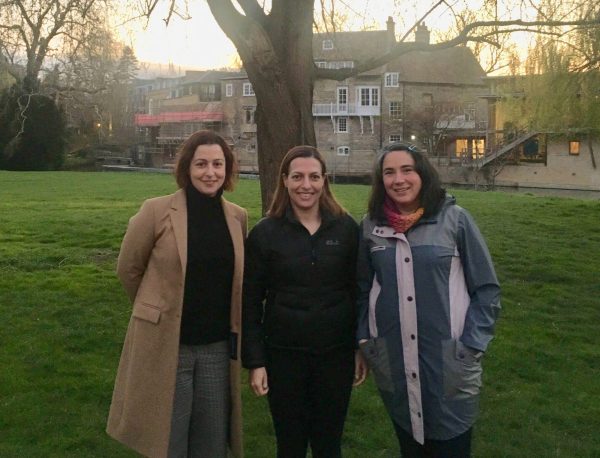
Position
Postdoctoral Researcher
Affiliation
MRC Laboratory of Molecular Biology
Keywords
Immuno-oncology, Dendritic Cells, Immunity in Cancer, Cancer Microenvironment
Cancer cells can be detected and eliminated by our immune system, but this function is commonly disrupted in tumours. I am interested in understanding this disfunction and how we can help our immune system fight cancer.
The human immune system is composed of many cell types with different roles. I am interested in dendritic cells (DC), which uptake molecules both from pathogens and from our own cells. DC communicate with other immune cells and stimulate them to eliminate threats (leading to an immune response) or to ignore our own cells (leading to immune tolerance). Cancer cells usually have abnormal molecules (antigens, e.g. mutated proteins) on their surface and can express ‘danger signals’ – molecules located out of place, such as DNA outside of the nucleus. These abnormal antigens and danger signals should activate DC, leading them to signal for an immune response against cancer cells. However, cancer cells evolve mechanisms to avoid DC response. I am working to identify how danger signals are expressed, and how to avoid immune tolerance of cancer. I am using an in vitro model of cancer cell-dendritic cell communication, CRISPR/Cas9 screening and confocal microscopy to do this.
I am fascinated by how cells communicate in health and disease. During my PhD at the University of Exeter I investigated cell communication between cancer cells and surrounding tissue. I also have an interest in building cell models of disease – I have worked on human stem cell reprogramming from healthy and diseased donors and their differentiation to other cell types of interest.

